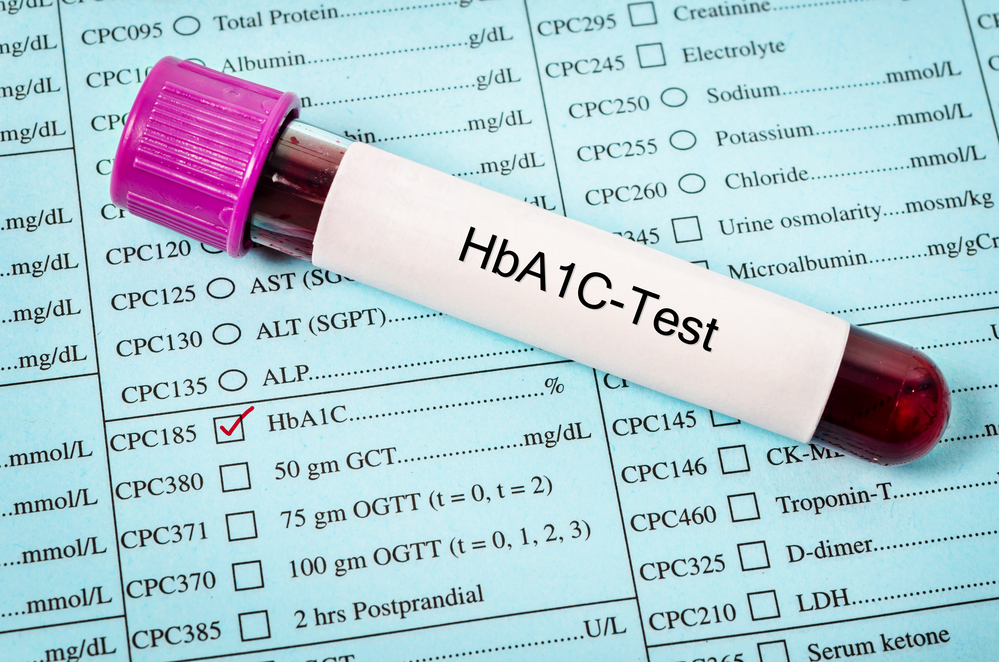
What Nutritional Changes Should We Make as We Age?
When we are younger, we might not pay much attention to eating well because we don’t notice the effects of a bad diet. But nutrition

We are bombarded with messages about our health every day. Some ads are for products or doctors, while others are for tests and medicines. Regardless of what information is thrown at you, every American knows how important it is to stay healthy, and that means having a healthy A1C level. We can do this through education, supplements, nutrition, and exercise.
A1C results are not super complicated, but if you are nervous about understanding your results, your doctor can walk you through them. A normal A1C level is considered to be anything below 5.7%. So if your results are at 5.6% or lower, you can stop pacing the living room floor. An A1C level between 5.7% and 6.4% can indicate prediabetes.
If your A1C test results are 6.5% or higher, this indicates diabetes. Remember that the higher your A1C level is, the greater your risk of developing type 2 diabetes.
The hemoglobin A1C test, also known as the HbA1c test, is a simple blood test that can often be performed at your doctor’s office. The A1C test measures your average blood sugar levels over the last three months. The results are commonly used to diagnose both diabetes and prediabetes. The test is also one of the main tools that your health care provider will use to help you manage your diabetes.
As a rule, adults over the age of 45 should get a baseline A1C test. Adults younger than 45 who are overweight or have any risk factors for prediabetes or type 2 diabetes should also test. If you are over 45, have risk factors, or have a history of gestational diabetes, consider an A1C test every three years to monitor your blood glucose levels.
If you are showing signs of prediabetes, ask your health care provider how often they recommend that you check your A1C, many providers will recommend the test every one to two years. However, if you have been diagnosed with diabetes, ensure that you get your A1C levels checked at least twice a year. This number can change depending on changes to your medicines, health concerns, and your doctor’s recommendations.
Preparing for the A1C test is easy. The test is completed at your doctor’s office in your preferred lab using either a finger stick or blood from your arm. The A1C test does not require you to prepare anything special. However, if other tests are being completed simultaneously, check with your doctor about the steps needed to prepare for them.
Discuss your goals with your doctor so you can maintain an A1C that is healthy for you. Your body works to burn sugar through metabolic pathways. If you are ready to control those pathways, manage your weight, and address elevated blood sugars, metabolic syndromes, and more, consider a supplement like Glucose Control 7 Ways 6.4. Contact us at Panacea Scientific to get more details and take control of your life today.

When we are younger, we might not pay much attention to eating well because we don’t notice the effects of a bad diet. But nutrition

Healthy lifestyle choices can boost your immune system and protect you from common disease. Are you looking for fresh foods to add to your healthy

While we can get a lot of antioxidants from eating a good variety of fruits and vegetables, taking antioxidant supplements can help you boost your

Payment types accepted:
Visa/MC/Discover/ American Express
© Copyright Panacea Scientific 2020. All rights reserved. | Website by Infinite Web Designs